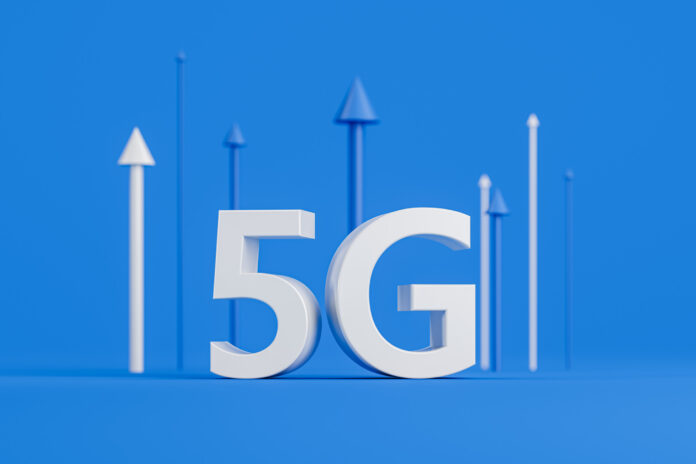GSMA survey says: Enhanced multi-carrier operations, 5G multicast and advanced MIMO topped the list of 5G-Advanced priorities for telcos
We saw the first set of technical specifications for 5G-Advanced (5G-A) in 3GPP Release 18; in addition to ongoing network performance upgrades, the standard also included an emphasis on further integration of 5G with Non-terrestrial networks (NTNs) and the introduction of 5G NR Light, also called Reduced Capability (RedCap); RedCap is meant to take some of the performance improvements delivered by 5G and right-size the necessary technology for use in things like wearables and sensors.
For telcos, though, enhanced multi-carrier operations, 5G multicast and advanced Multiple-Input Multiple-Output (MIMO) are the most “important” use cases enabled by 5G-A, according to the GSMA. Regardless of why they’re upgrading their networks, 5G-A is an important stop on the path to 6G and several operators are already taking the first few steps. Here are six examples:
China Unicom. In November 2024, China Unicom Beijing claimed to have deployed the world’s first two large-scale integrated 5G-Advanced networks, one at the Workers’ Stadium — a sport venue in Beijing — and another at the Great Wall scenic area. According to the telco, the network covers stadiums, schools, scenic areas, metro stations, commercial areas, residential areas as well as other types of facilities in Beijing. It provides full 5G coverage and 85% 5G-Advanced coverage for the area within Beijing’s 4th Ring Road and the Beijing Municipal Administrative Center, effectively supporting services like immersive videos, UHD live streaming and cloud gaming.
Turkcell. In a conversation with RCR Wireless News, Turkcell CEO Ali Taha Koç said that the carrier expects to launch its 5G-A in 2026. “Thanks to the 5G launch schedule, we have the opportunity to start with 5G-Advanced,” he said, adding that 5G-Advaned will allow the company to provide the best mobile broadband service to its subscribers and advance Turkey’s overall digitalization.
Du. During a keynote session at Huawei’s Global Mobile Broadband Forum 2024 (MBBF 2024), Hasan Alshemeili, head of infrastructure technology planning at Emirati-based telco du, revealed the carrier is currently in the process of deploying 5G-Advanced (5G-A) technology in Dubai as part of its national rollout program. He stated that du has already deployed hundreds of 5G-A base stations, but did not provide further details regarding an exact timeline for 5G-A deployment in the UAE. However, du previously stated that its 5G-Advanced strategy includes the deployment of this technology in the main cities across the United Arab Emirates (UAE) next year and achieving national coverage by 2026.
T-Mobile US. The operator announced last year that it will launch 5G-A software updates by the end of 2024. While the year just came to a close and it’s still unclear if this has truly happened, the telco is in a pretty good position to make good on its promise. That’s because it has already deployed nationwide 5G SA, which as mentioned earlier, is a requirement for several 5G-A capabilities, and it did so before competitors AT&T and Verizon.
MTN. Late last year, MTN South Africa and ZTE conducted a 5G-A public demonstration at a MTN store in V&A Waterfront, in Cape Town, reportedly achieving a download speed of 9.2 Gbps. One of the demonstrations featured a robotic dog, which was equipped with sensors and cameras and showcased its ability to perform industrial tasks like mapping and data collection — an application slotted for potential hazardous sectors such as mining and emergency response. “5G-Advanced innovation not only enhances connectivity and experiences but also expands the boundaries of application scenarios and business domains, giving rise to new industries, business models, and ecosystems,” commented Luca Shen, CEO of ZTE South Africa.
Zain. Saudi Arabia telco Zain launched 5G-A services in 2023 in Riyadh, the country’s capital. At MWC 2024, the carrier’s engineering executive general manager Mohammed Abdulaziz AlNujaidi said the plans for 2024-2026 include the commercial launch of 5G-A services in Saudi Arabia’s top eight cities. He added that the telco specifically wants to tap RedCap technology to offer IoT CCTV for public security governance requirements.

